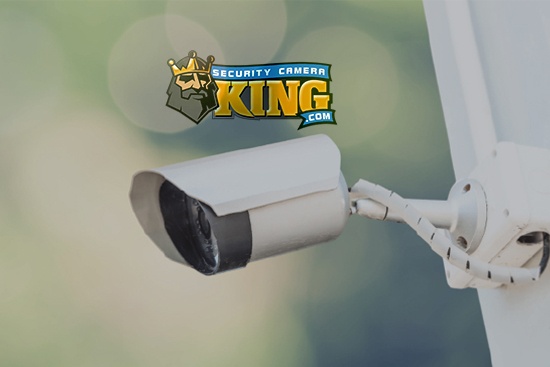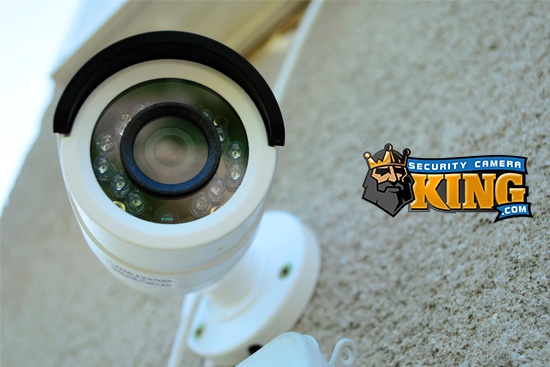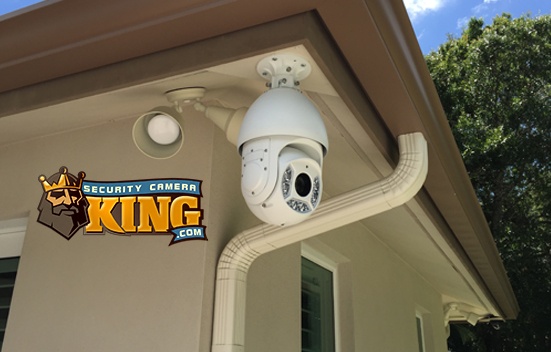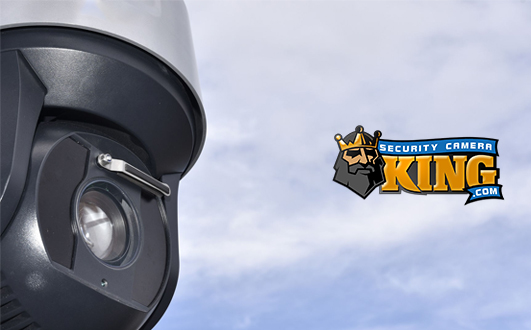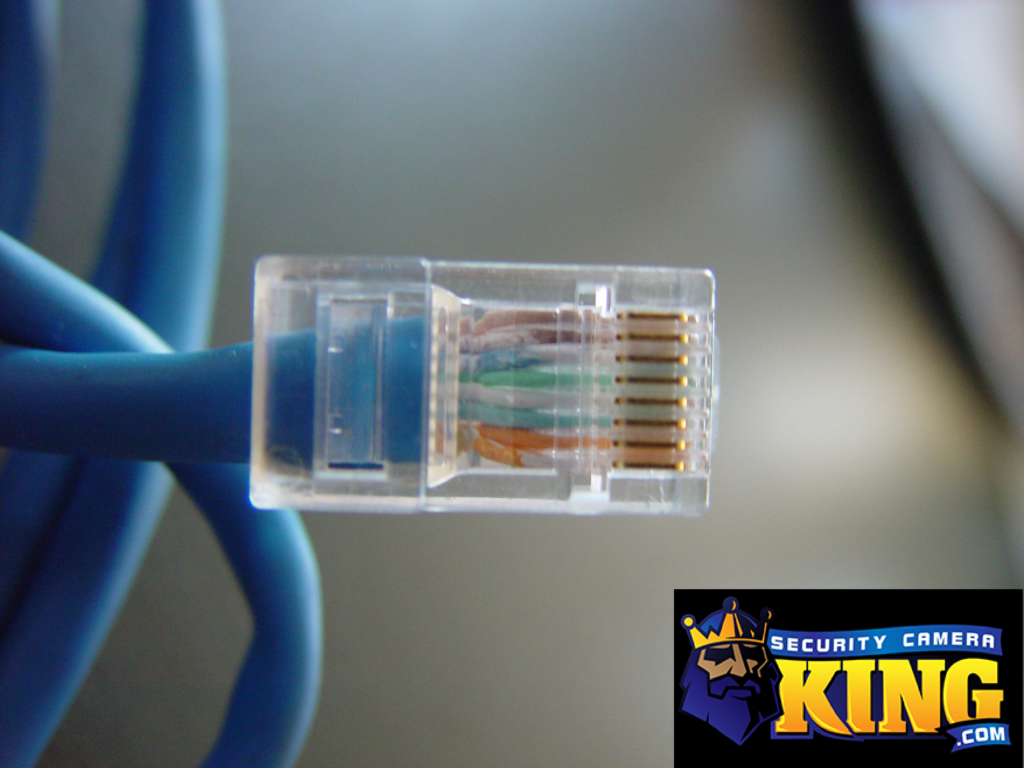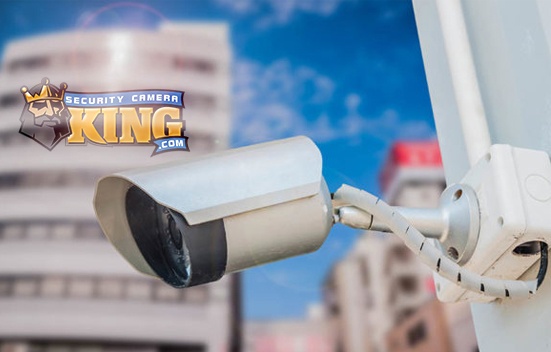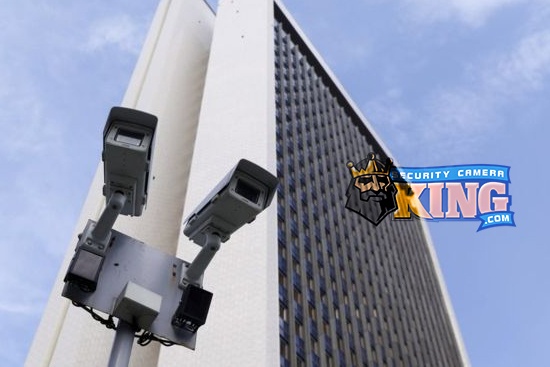There are two types of security cameras systems, Analog and IP (sometimes refered to as network cameras). Here is a very basic explanation of how they work and what the major difference is between analog surveillance systems an IP camera systems.
Analog surveillance systems:
Most security cameras on the market today are standard analog security cameras connected directly to a digital video recorder. The cameras is this type of system consist of a lens, DSP chip (digital signal processing chip) and a housing. The cameras are simply the window used by the DVR (digital video recorder) to see. The cameras are connected to the DVR using transmission cables. There are many types of cables, but they will all have a connection directly to the DVR. The DVR is the heart of this system. The security digital video recorder receives the video from the camera, compresses it and stores it on a hard drive to be retrieved later. Most DVRs also convert the analog video to digital format and are able to stream that video over the internet using a built in webserver. In this scenario, the DVR is responsible for compression, conversion, storage and streaming of all the video that comes from each camera. addittionaly, the DVR is the inteligence behind the cameras and is responsible for all the motion detection, schedules, notifications, alarm inputs and more.
In the end, this type of surveillance system is usually less expensive because the cameras are simply cameras and there is only one unit that does all the grunt work, the DVR.
IP Surveillance systems:
IP or network security camera systems are very different from analog systems because each camera does the job of the DVR. essentially, an IP camera is a standard security camera that can also compress video, convert the video to digital format and stream it over ethernet. So each camera is esentially its own DVR. Some IP cameras also have SD card slots so that they can store video directly onto an SD card. IP cameras are sometimes connected to an NVR (network video recorder) instead of a DVR. Since the video is compressed and converted to digital at the camera, the camera can stream the video over a network to a PC or NVR that will record the compressed video. The benefit of IP cameras is that it is easy to add additional cameras to the network and there are higher resolutions available than in standard analog surveillance systems.
There are several challenges facing IP camera systems. To benefit from the higher resolution available with IP cameras places greater demand on both bandwidth and storage. Also, because each camera basically acts as a DVR and must have it’s own built in webserver, they are much more expensive. At this time, only about 10% of surveillance systems are IP systems. At some point, when technology catches up with itself and is able to solve the bandwidth, storage and cost issues, IP camera systems will begin to take more of the CCTV market share.


